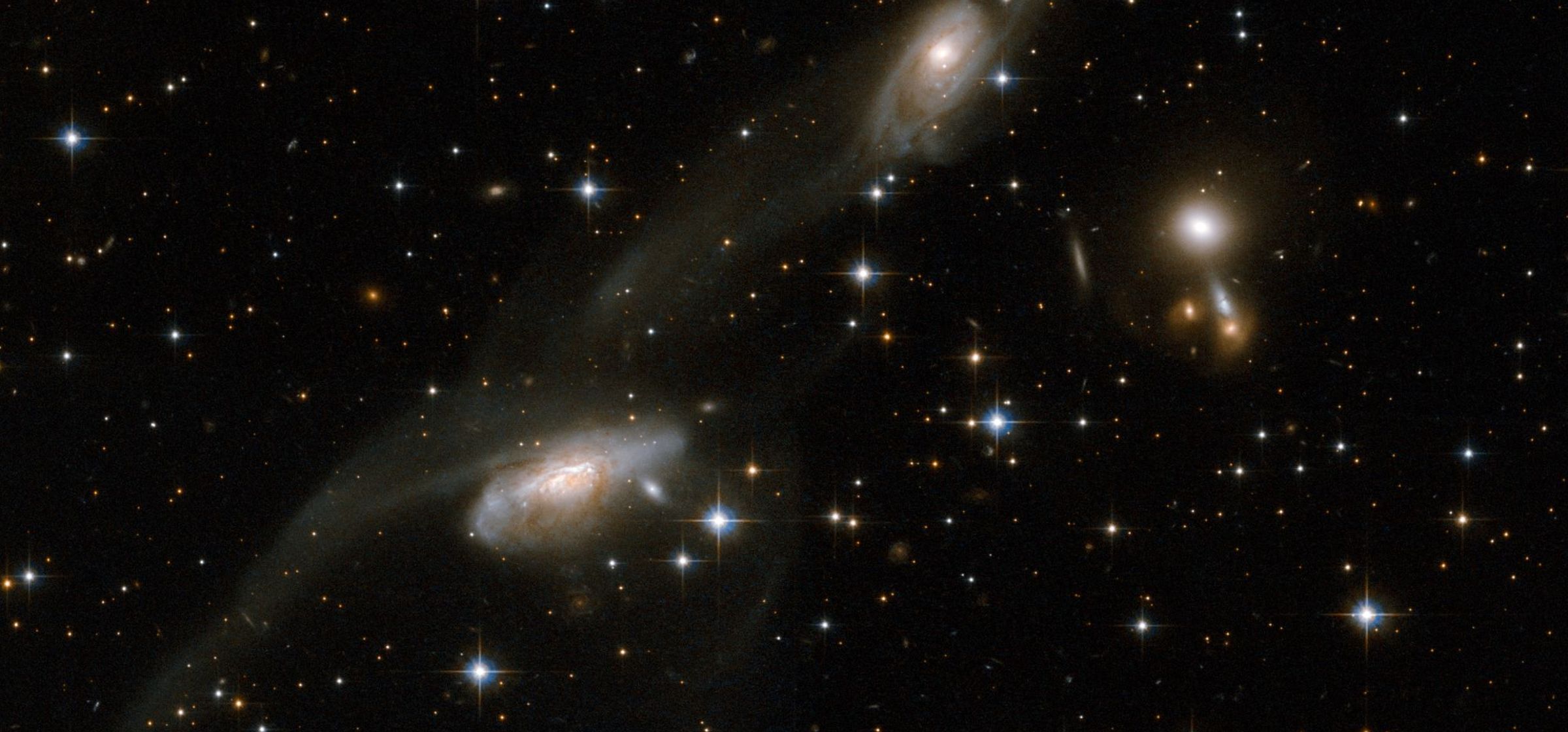
How many universes are there besides our own?
Our universe could be one of many, many more. How big is that set of universes that we call the “multiverse”?
Other universes
Let’s start by saying: scientists are doubtful whether there’s such thing as a multiverse. As we can only observe what happens in our universe, we may never know whether there are other universes out there besides our own.
Yet some scientists are set on finding out. They use theoretical models to try to prove that other universes could exist. Until now, the answer is: perhaps.
Too many to count
There are various theories that point toward multiple universes. Each leads to a different number of universes and gives a different answer as to how big the multiverse is.
One multiverse theory is based on quantum mechanics: the theory that tells us how particles and forces (apart from gravity) behave. According to this theory, every choice we make branches into different realities. If you make choice A in one universe, you’ll make choice B in the other. The multiverse therefore consists of universes that contain all possible choices ever made. There are simply too many to count.
1 plus 500 zeros
Another theory is the string theory, which says that a universe can be structured in all sorts of different ways. Our universe is one such structure, but there are other possibilities. As they’re all just as probable as the structure our universe has, they must all occur. At least, that’s the main thrust of the theory.
Yet string theory scientists even disagree on this point. Estimates of how many structures (and therefore of how many universes) are possible show huge variations, ranging from ten to the power of 500 (1 plus 500 zeros) and anywhere above or below that.
The only one?
There are other multiverse theories beside the quantum theory and string theory. Each has its own assertions and pitfalls, and there’s not enough space on this page to name them all.
But they do have one thing in common: none of them have been proven. The entire idea of a multiverse may be flawed; our universe may well be the only one.
That’s why it’s important to be sceptical of these sorts of theories. Still, it’s fun to think about them!
Answered by Ans Hekkenberg





